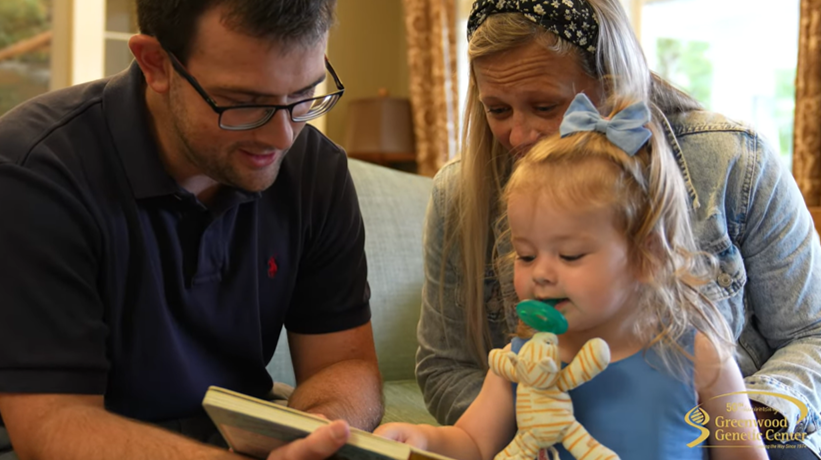TP63 sequencing is a molecular test used to identify variants in the gene associated with TP63-related disorders including Ectrodactyly-Ectodermal dysplasia-Clefting (EEC) syndrome, Hay-Wells syndrome, and split-hand/split foot malformation.
6 weeks
81479
$1,200
Mutations within the p63 gene (TP63, TP73L) at 3q27 can cause variable autosomal dominant disorders including the following conditions: EEC syndrome includes spilt-hand/foot malformation, ectodermal dysplasia (abnormalities in hair, teeth, skin, nails and/or lacrimal ducts), and cleft lip/palate. Hay-Wells syndrome includes ectodermal dysplasia, cleft lip/palate and congenital adhesions between the eyelids. Isolated Split-Hand/Foot Malformation (SHFM) GGC also has a current research interest in split-hand/foot malformations.
Molecular testing is useful to confirm the diagnosis and to identify the disease causing mutations within a family to allow for carrier testing and prenatal diagnosis.
Sanger Sequencing
TP63/p63 mutations are responsible for most cases of EEC and AEC syndrome and a smaller percentage of SHFM cases. Sequencing of exons 5-8, 13 and 14 is performed.
The preferred sample type is 3-5 ml of peripheral blood collected in an EDTA (purple top) tube. Extracted DNA, dried blood spots, and saliva are also accepted for this test. Saliva samples must be submitted in an approved saliva kit. Contact the lab to receive a saliva kit or to have one sent to your patient.
The specimen should be kept at room temperature and delivered via overnight shipping. If shipment is delayed by one or two days, the specimen should be refrigerated and shipped at room temperature. Do not freeze the specimen. Samples collected on Friday can be safely designated for Monday delivery.
Prenatal diagnosis is available if the familial mutations are known. Additional fees for cell culture and maternal cell contamination may apply. Maternal cell contamination studies are required for all prenatal molecular tests. Contact the laboratory prior to sending a prenatal specimen.
Call our laboratory at 1-800-473-9411 or contact one of our Laboratory Genetic Counselors for assistance.
Robin Fletcher, MS, CGC
Falecia Thomas, MS, CGC
Alex Finley, MS, CGC
